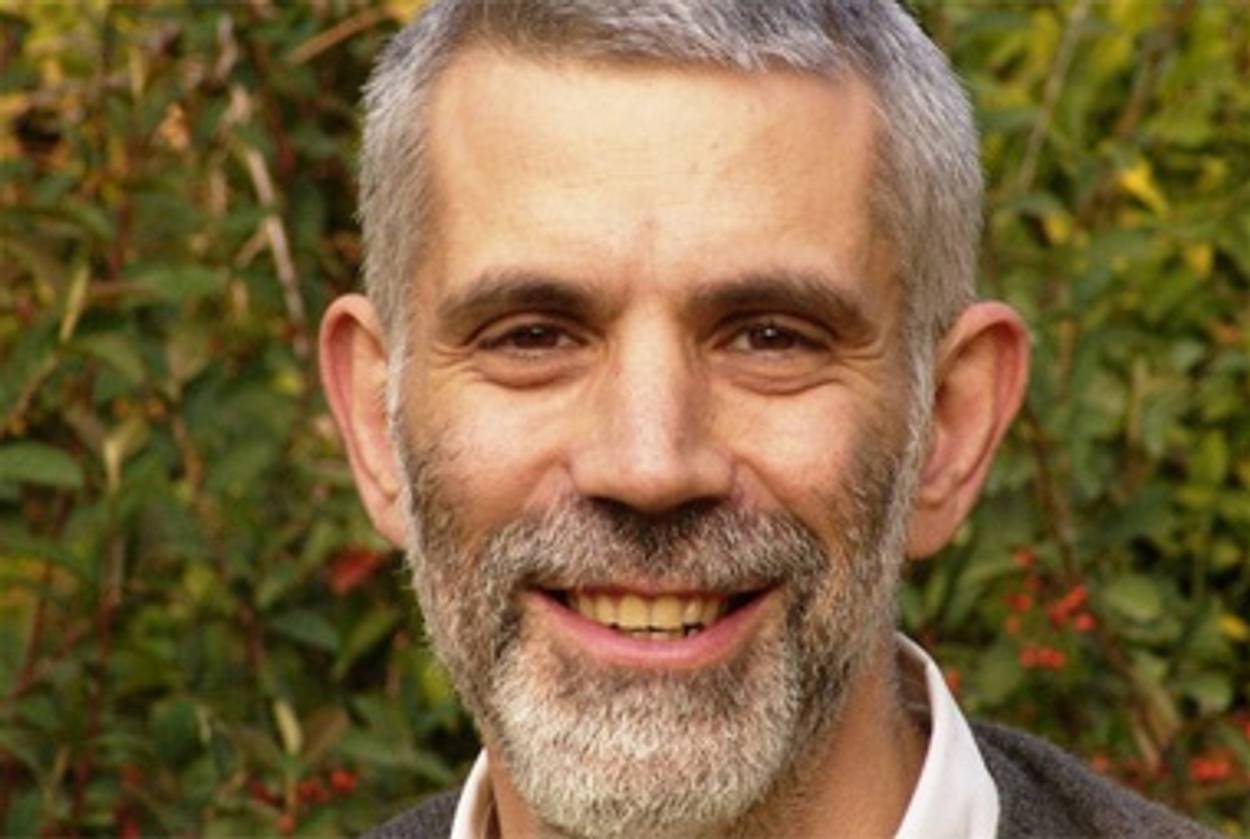‘Open Minded Torah’
Jeffrey Goldberg interviews William Kolbrener




Tablet Magazine contributing editor (and soon-to-be blogger) Jeffrey Goldberg has a fascinating interview on his Atlantic blog with … well, we’ll let Jeffrey take it from here:
William Kolbrener, an Orthodox Jewish Milton scholar (not a huge special-interest group) from Jerusalem, though originally, like Goldblog, from Long Island, has written a beautiful book called Open Minded Torah: Of Irony, Fundamentalism and Love.
“Beautiful” is Jonathan Rosen’s word (but also mine). Rosen calls the book “an exhilarating hybrid, steeped in traditional learning but at home in the modern world, centered on universal questions and yet deeply personal.” Rosen goes on for a while with enthusiasm, as he should: Kolbrener is a deep-dish scholar. But he is also wonderfully engaging. He engages his readers, and he engages with the Torah, and one of the great values of this book is that he introduces his readers to the Torah in unexpected ways. The Torah is not a closed book for Kolbrener. I’m always looking for writers who will help me gain wisdom about my tradition, and of course I’m always looking for writers who tell interesting stories, and Kolbrenner does: About Shakespeare and baseball and raising a son with Down Syndrome.
I recently had an e-mail exchange with Kolbrener about his book, about Orthodox Judaism and its relationship to modernity, and a whole bunch of other things. I hope we continue this dialogue. Here’s some of our back-and-forth:
Jeffrey Goldberg: The first question is about you, and the book: “Open Minded Torah” obviously sounds like an oxymoron to many secular, or secularish Jews. My impression is that the Orthodox world has suffered some sort of epistemic closure of the type that makes anyone with any sort of non-Torah interests flee for their lives. Yet you are a scholar of Milton, among other things. The question is incredibly simple: Who can you even talk to about your interests in the universe in which you have placed yourself?
William Kolbrener: I was one of those Jews ‘fleeing for their lives’: I avoided Jewish organizations at Columbia and dismissed the aggressive posturing of proselytizers outside the 116th Street subway station. But, following a professor downtown one Saturday morning – I heard he had a secret life, a contemporary ‘Marrano’ – I ended up in a synagogue, discovering, beyond the fundamentalist performances of certainty I had seen on the street, a Jewish tradition based on debate and conversation.
Read the rest.
From the editors of Tablet Magazine.